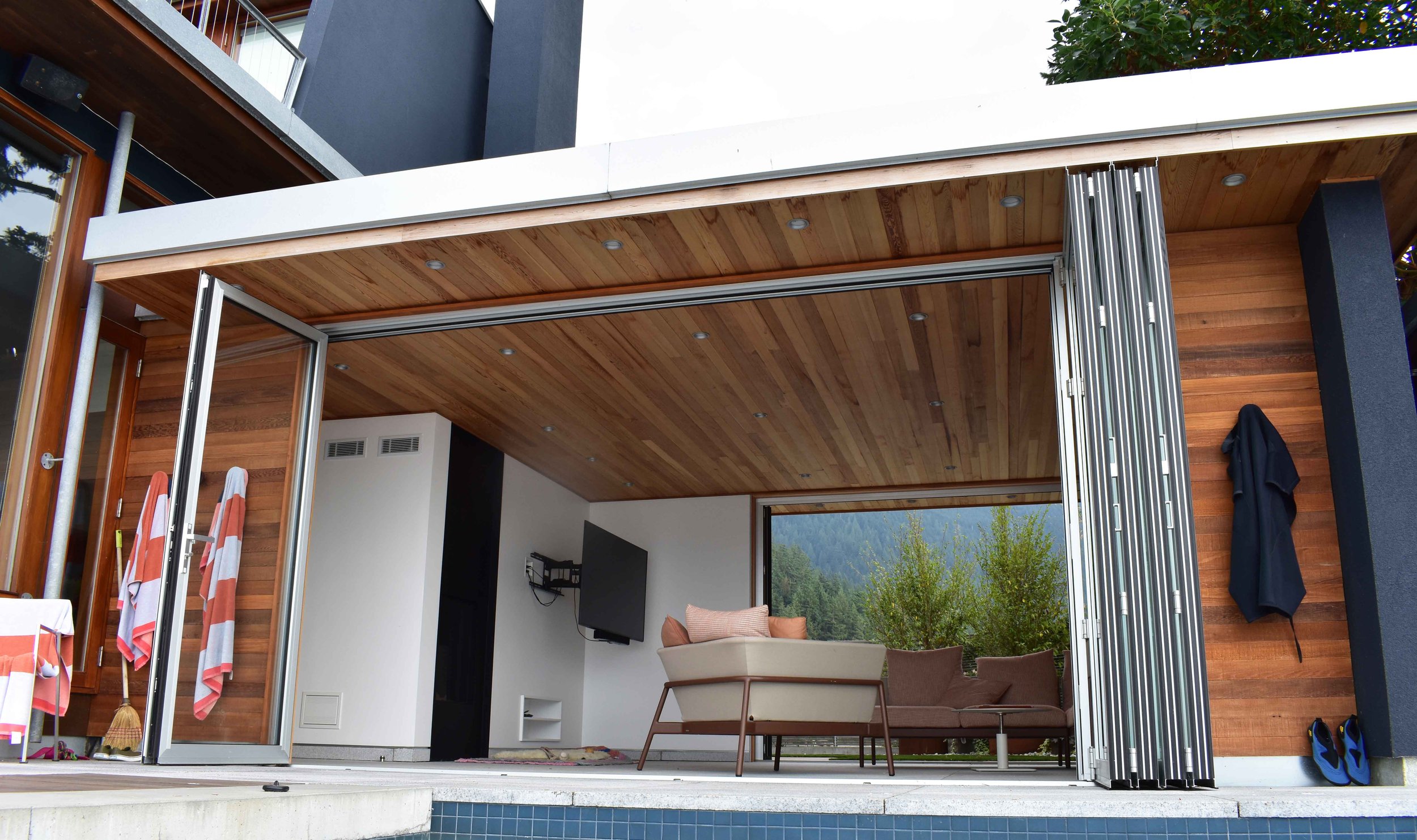Differences, quality and cost of Bi-fold/Folding and Multi Slide Doors
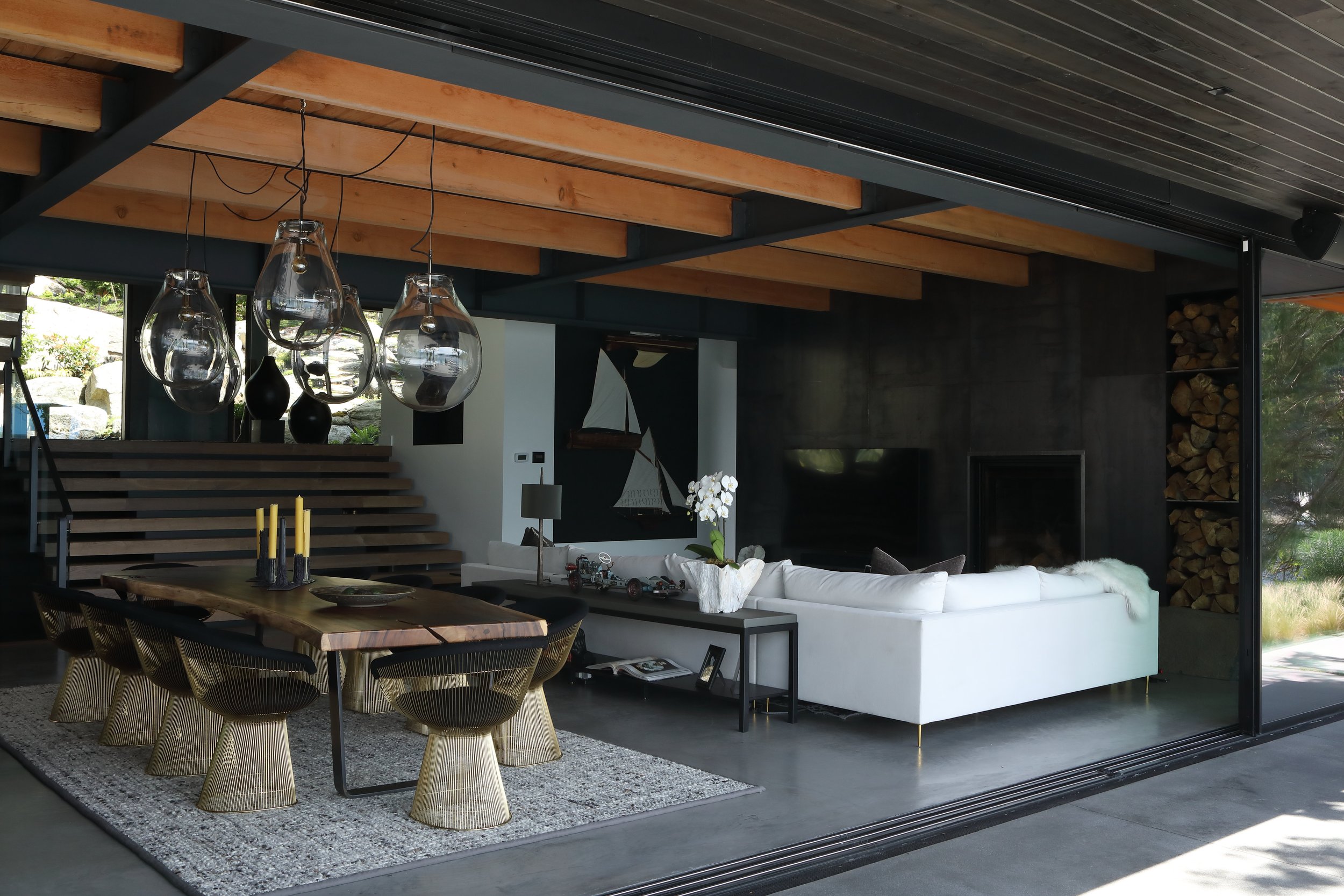
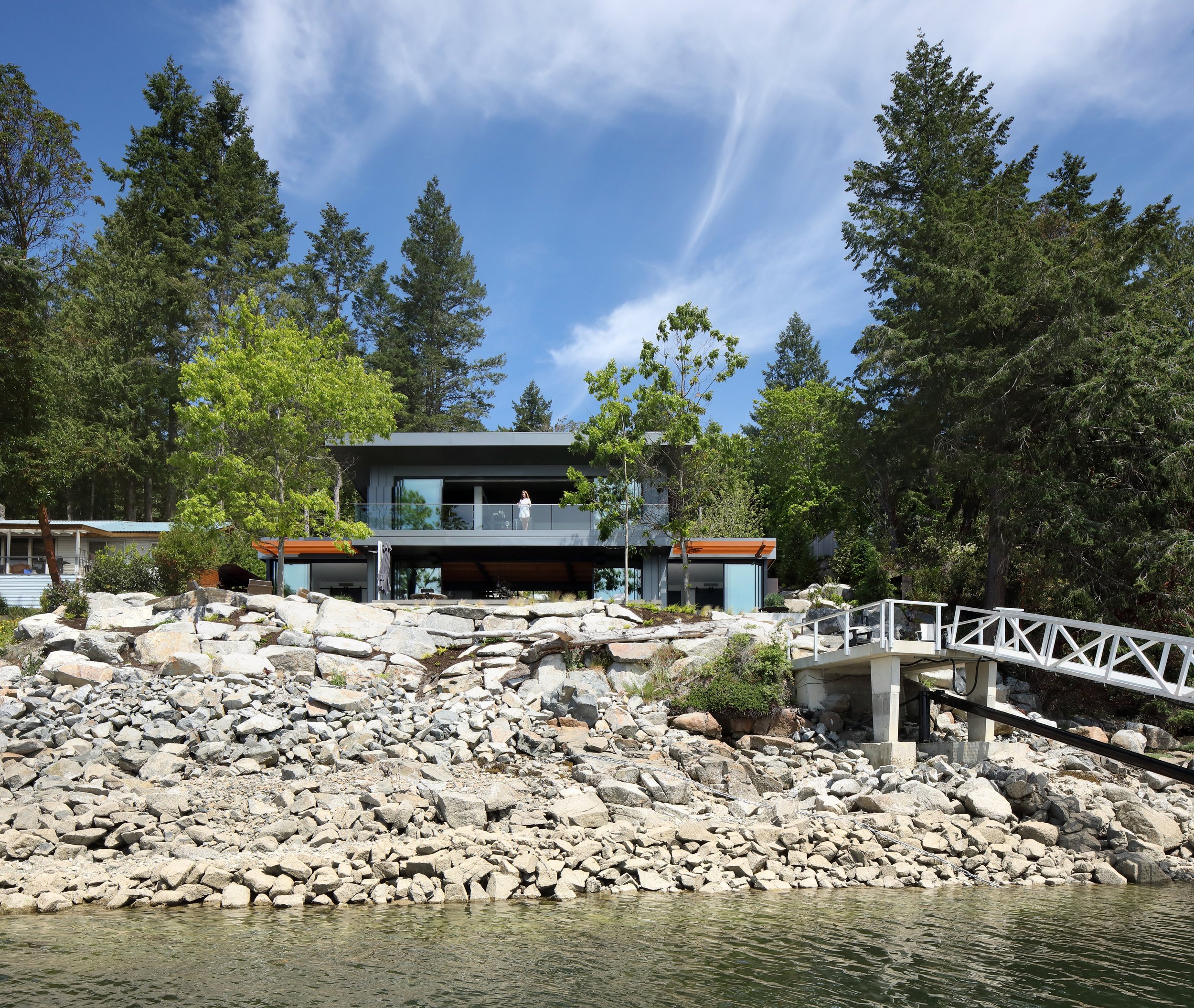
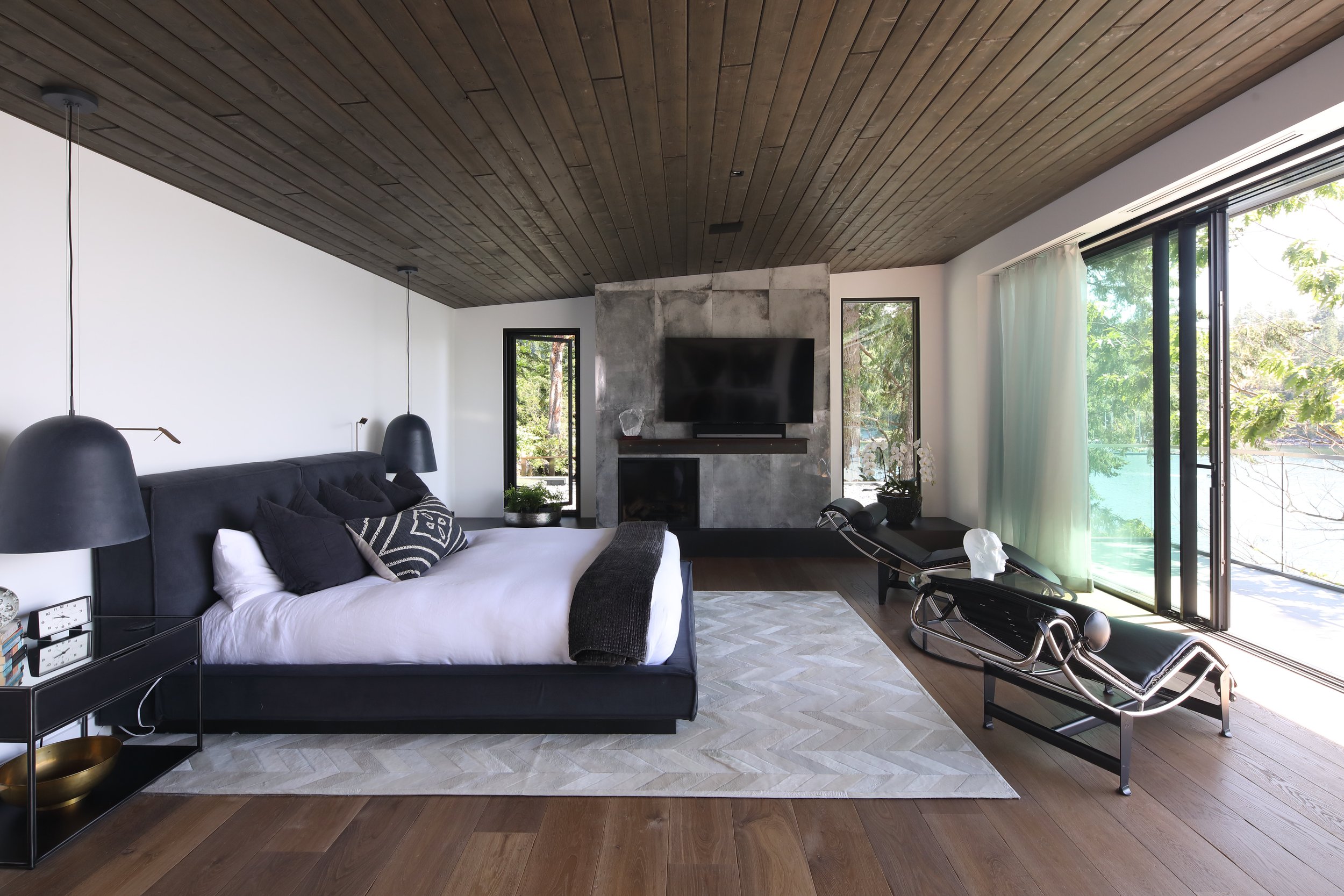
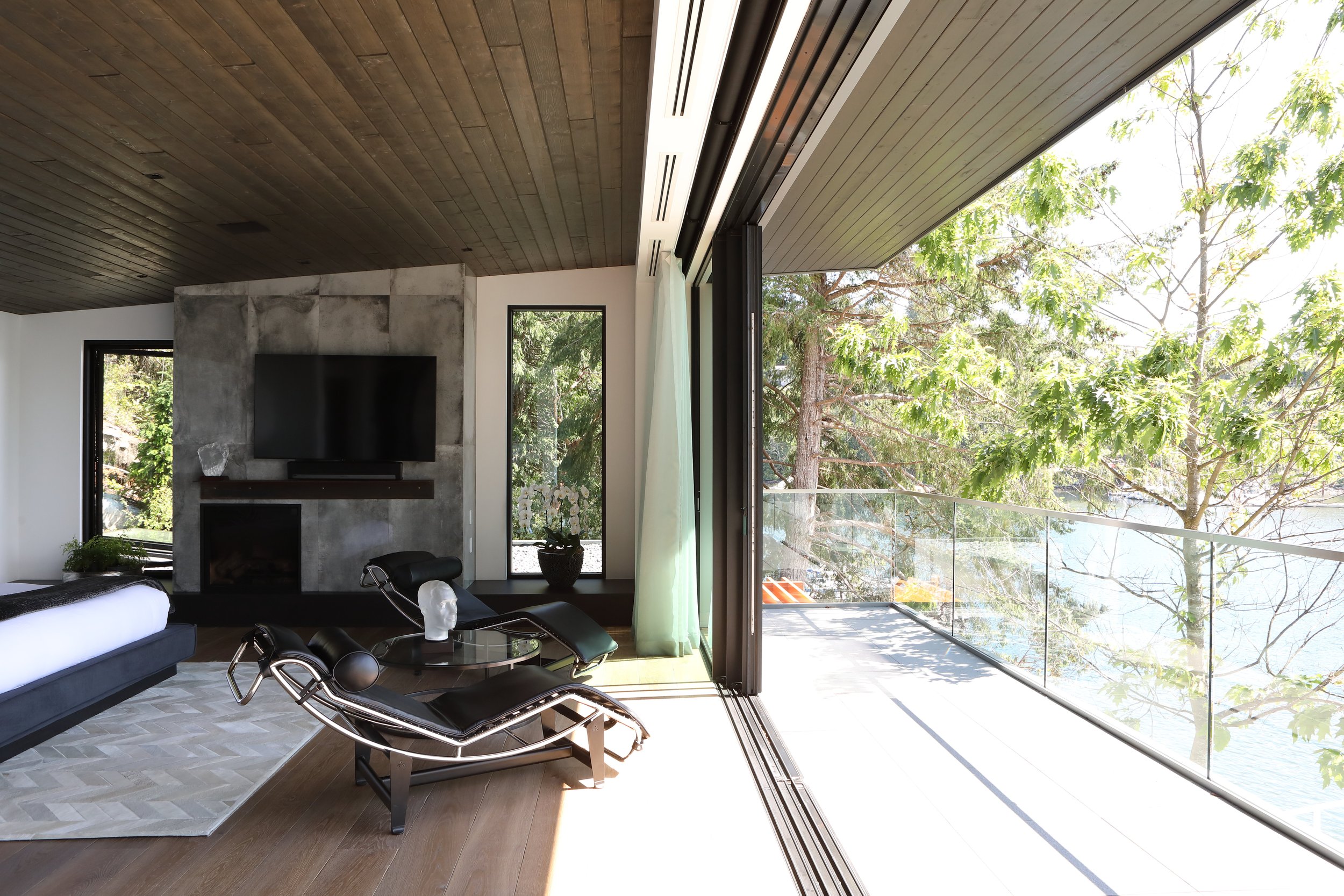
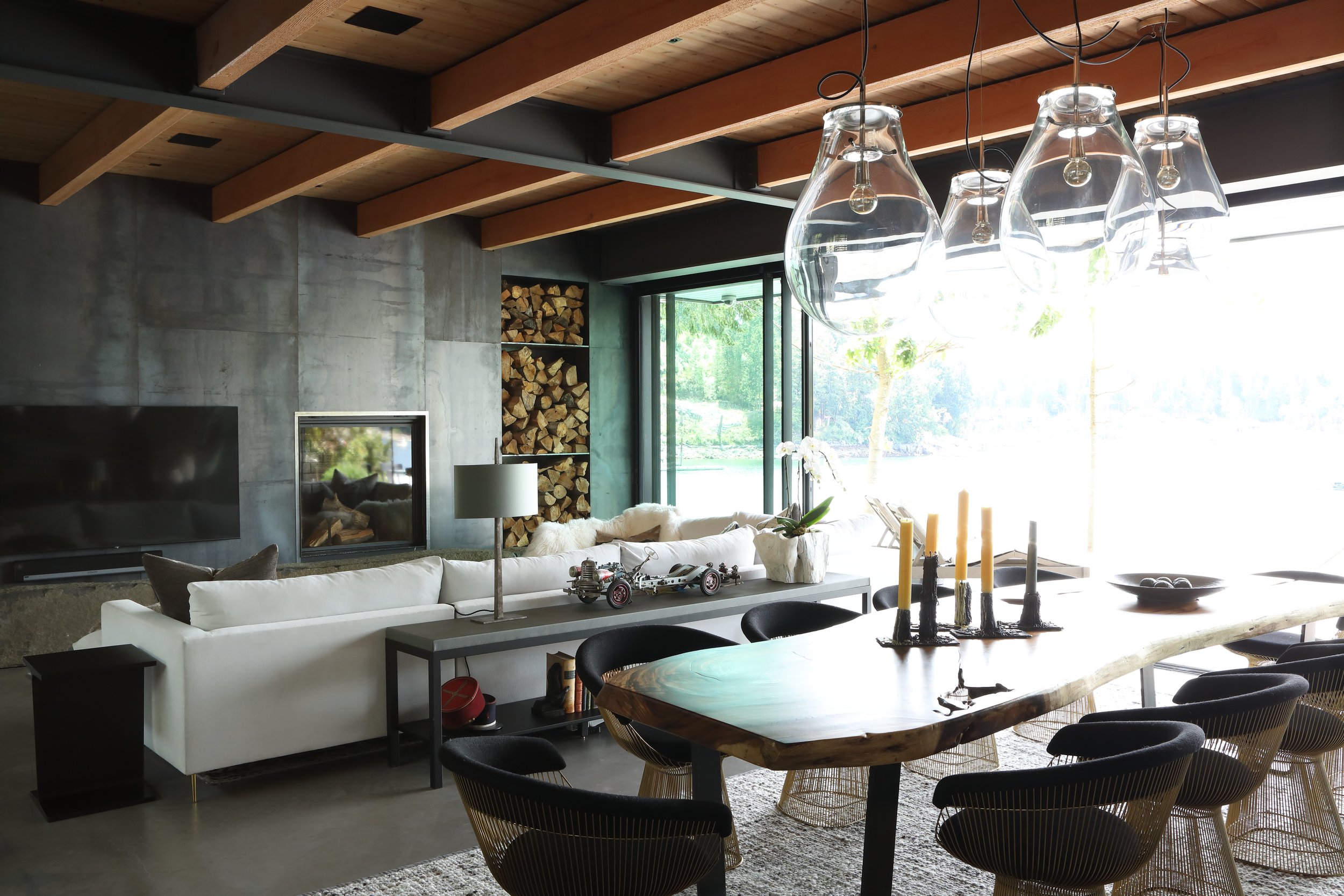
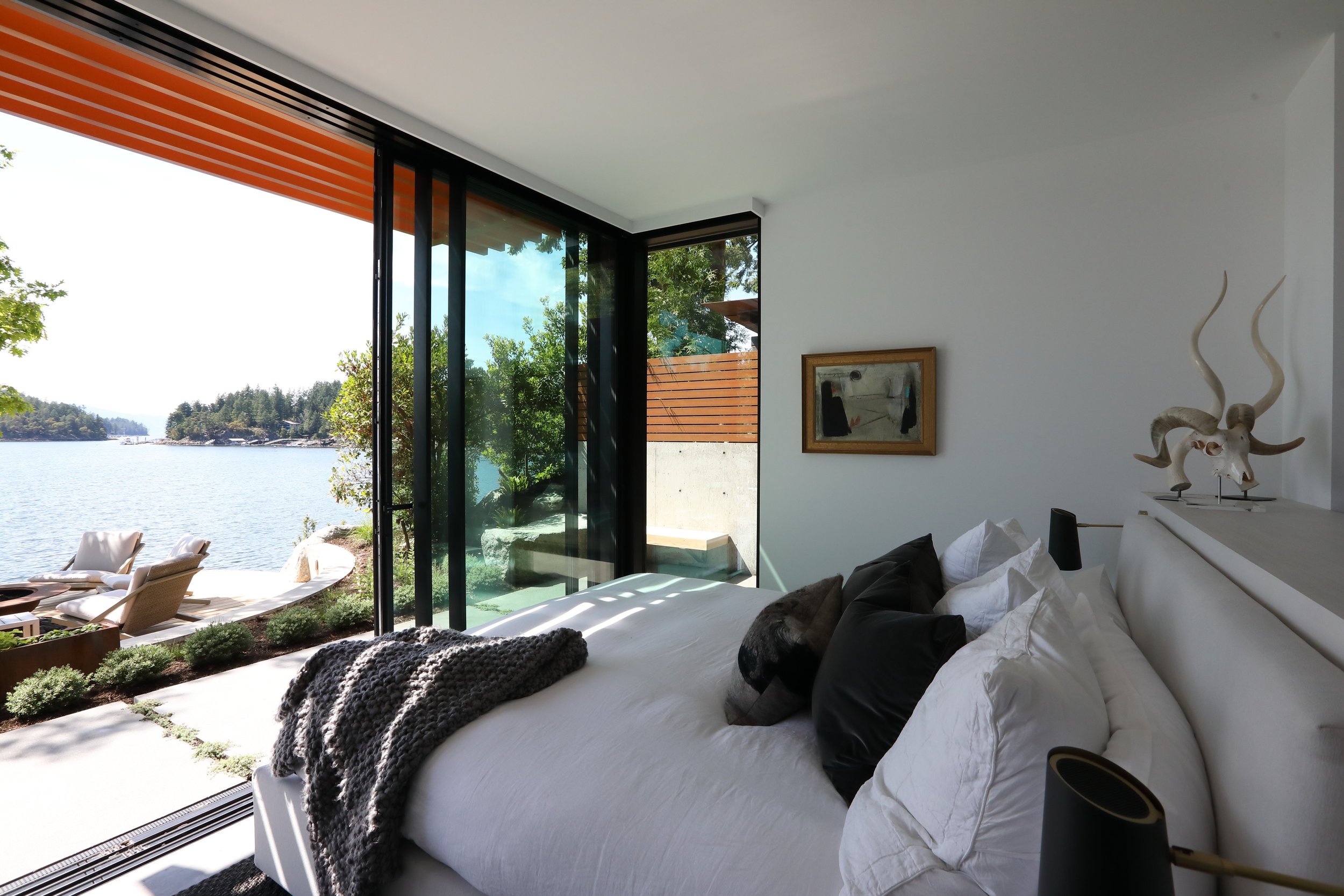
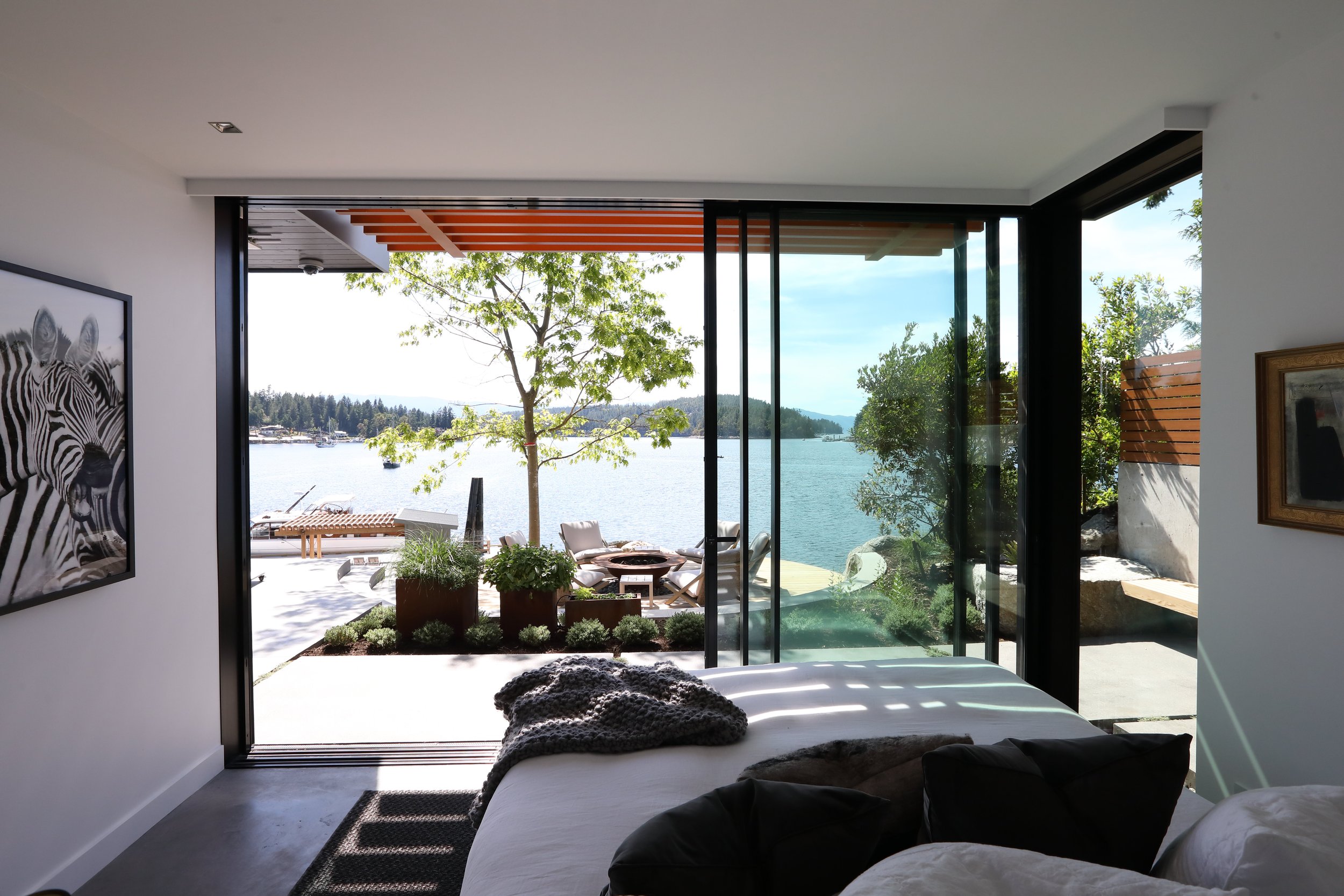
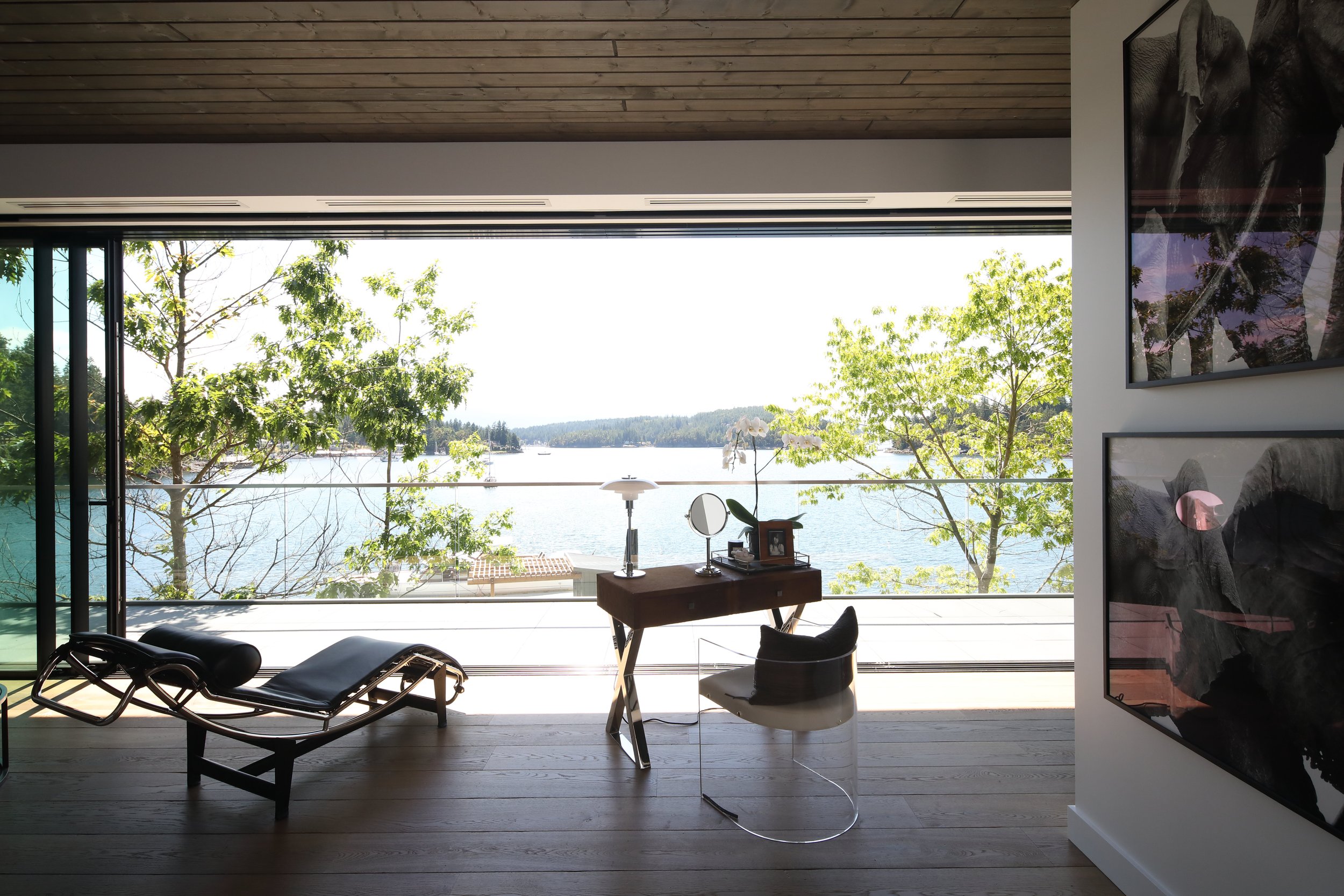
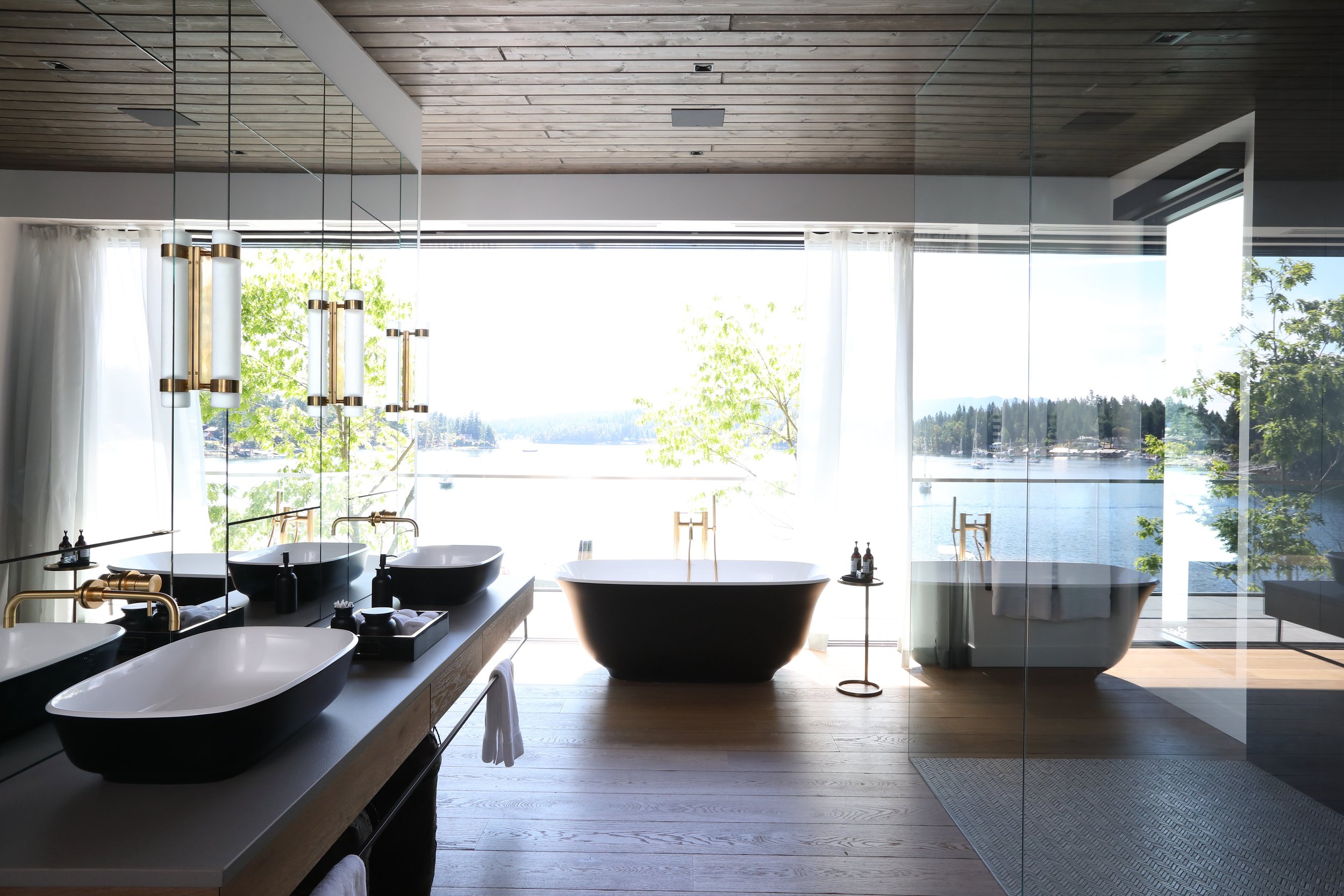
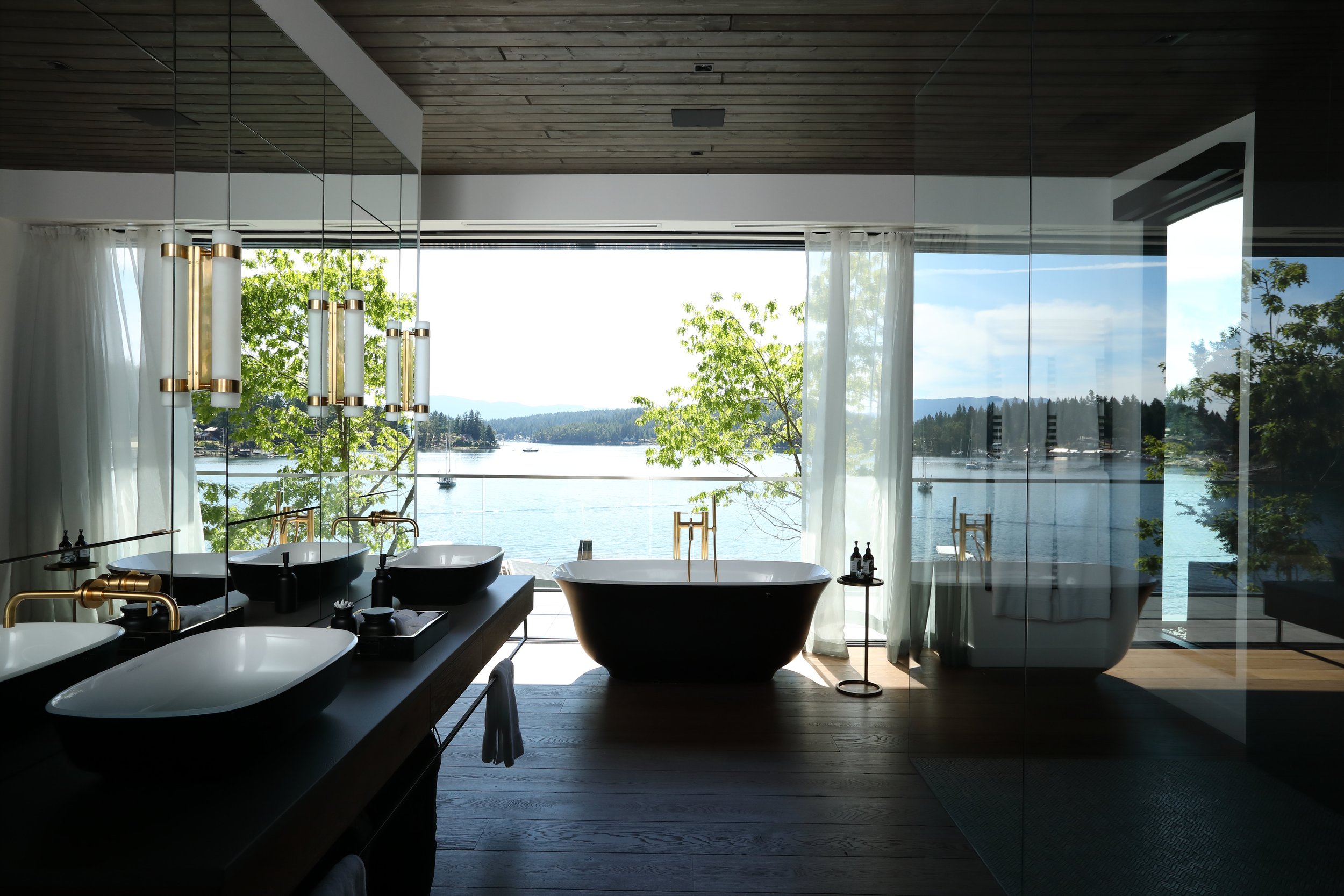
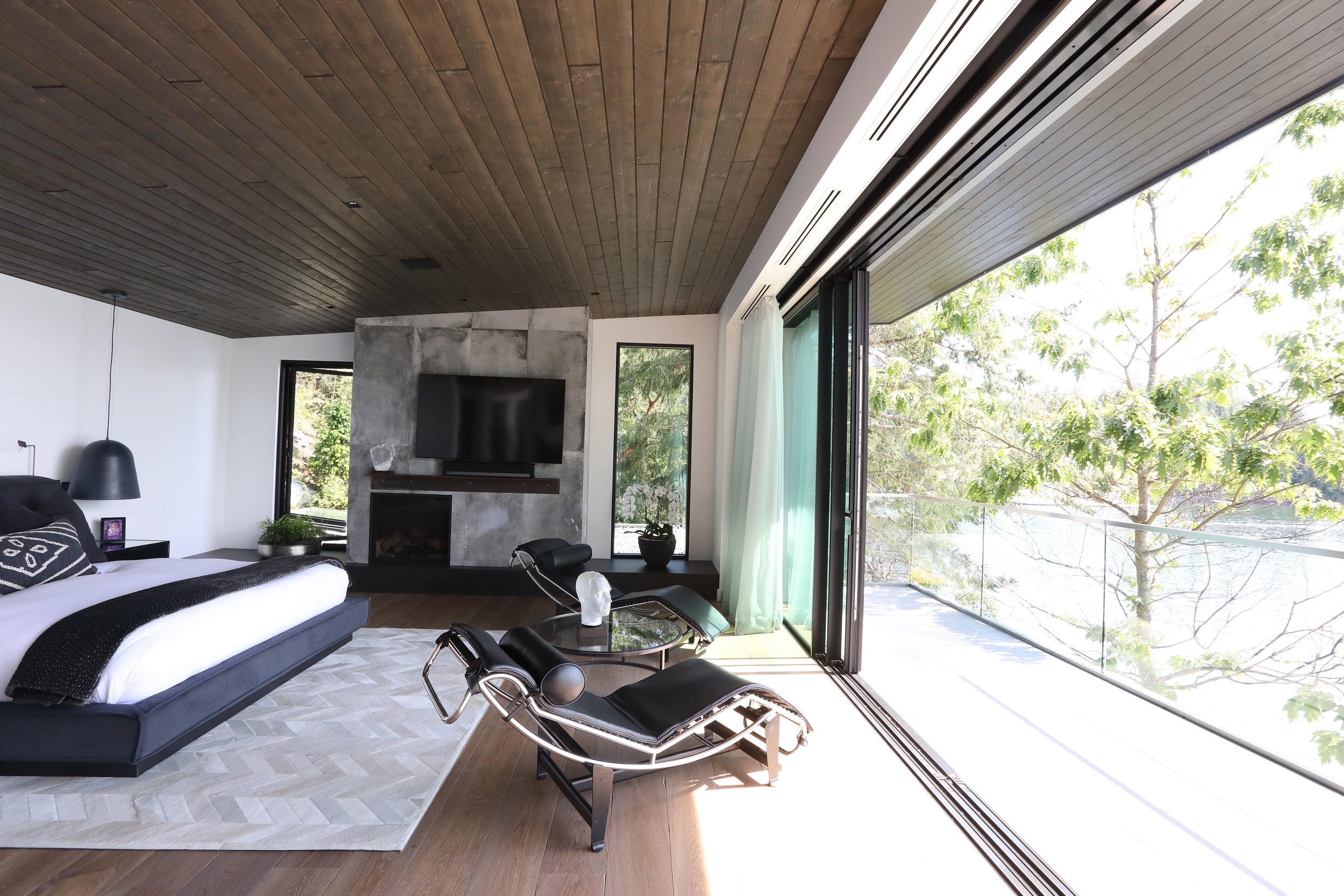
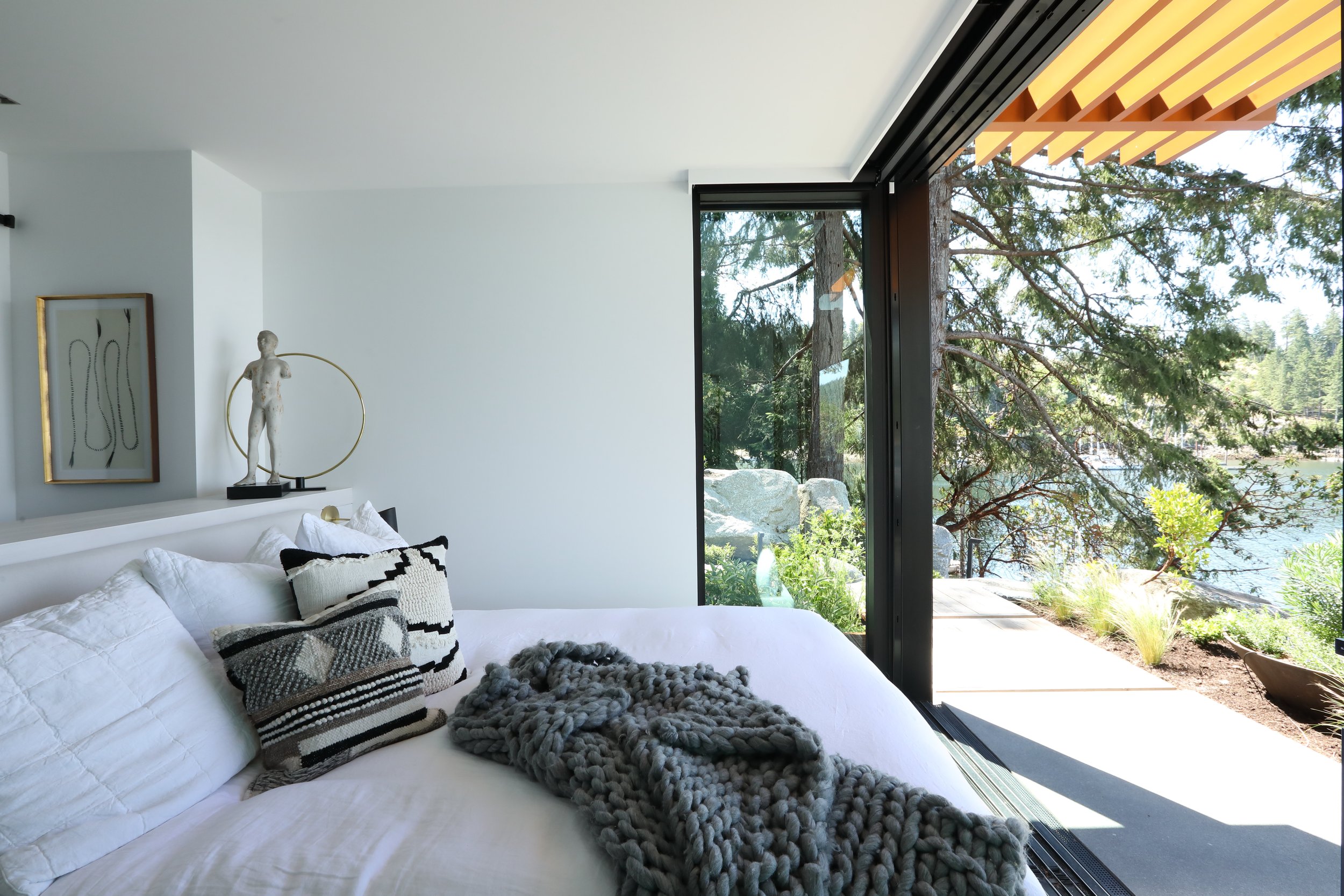
Bi-fold/folding and multi slide doors most commonly tend to come in three materials—aluminum, vinyl and wood. They are also referred to as operable glass walls due to their size and they typically don’t operate like a standard door.
In this article we’ll specifically cover:
Differences Between Sliding Doors vs. Bi-fold/folding Doors
Material Comparison— aluminum, fibre glass, vinyl, wood
What do aluminum bi-fold/folding and multi slide doors cost?
“With bifold doors, you can get uninterrupted views when open. However, they do require more frames. This means that, when closed, the frames will break up some of the outside views. ”
Differences Between Sliding Doors vs. Bifold/Folding Doors
The main difference between bifold and sliding doors is the way they operate.
Sliding patio doors are made up of two or more large panes of glass that slide sideways behind each other. This limits how much of the glass wall you can open up, but also allows you to control the size of the opening more easily.
Sliding doors only partially open up as the panes need to slide behind each other and this means that one pane will stay closed. However, with sliding doors, you can decide how much to open them up depending on your needs. If you just need a little fresh air, you can open them up slightly. If you want to fully enjoy the outdoors, you can open them up all the way.
With sliding doors, you also have the option of tucking them away inside a wall pocket. If you have the required space, pocket doors can be a great solution to create the illusion of an unobstructed opening.
Bifold patio doors are made up of several glass panes that you can fold to one side to fully open up a space. They work like an accordion. Each pane is connected to the other with hinges and they all operate in conjunction.
Bifold doors can open towards the outside or the inside. You can install them either way, depending on your space and requirements. Plus, they can open up more of the wall because they fold to one side and only take up a small space. But when they’re open, they’re all the way open.
Multi Sliding Door vs. Bi-fold/Folding Door View
With bifold doors, you can get uninterrupted views when open. However, they do require more frames. This means that, when closed, the frames will break up some of the outside views.
View through CLR | Folding Door system
Sliding doors offer wider views when closed, while bi-fold/folding doors offer more of a view when open. If you install sliding doors for an entire wall, chances are you will only need two panes. This means fewer frames and unobstructed views.
As already outlined above, sliding doors offer a more uninterrupted view when closed as the same opening can be filled with fewer glass panes. Bifold/Folding doors score points when opened, as they maximize the access to the outdoors.
Material and surface finish options are largely the same, but sliding doors look more sleek and refined as the sight lines are narrower and there are no hinges.
View through CLR | Multi Slide minimal frame system
Multi Slide Door vs. Bi-Fold/Folding Door Ease of Use
Modern mechanisms make both sliding and bifold doors easy-to-use. However, the lift and slide mechanisms available in sliding doors give them the upper hand. With the right product, you can move even oversized glass panes at the push of a finger.
When it comes to configuration, sliding doors offer fewer options than bifold/folding doors and cannot be installed in bays or corners. Bifold/Folding door configurations are typically more diverse and made up of one to eight doors. More doors can be fitted if required. Additionally, you will be able to choose if you need the doors to open outward or inward.
When you choose bi-fold/folding doors, you’ll also get one pane that opens just like a regular door. This is very useful when you don’t want to open up the entire wall to access the exterior space.
Multi Slide and Bi-fold/Folding Door Materials—things to keep in mind
There are a number of things to consider when choosing the material for your operable glass walls:
Strength—the frames must be able to support heavy glass panels. For some materials, this means wider frames—and narrower views.
Lifespan—some materials last longer than others.
Maintenance—how much wear and tear will these exterior doors suffer over time? How often will you need to clean them? Will you have to repair or replace certain door hardware?
Energy efficiency—will the doors keep your home warm and stop cold air getting in?
Configuration—are you able to configure them exactly how you want? Will they fit? Configuration means the number of panels you have on the door and which way they open (inward or outward, left or right and so on).
Colors and finishes—Extra finishes like powder coating or paint can make a big difference.
Why choose aluminum doors?
Aluminum is very strong and is much less likely to warp due to changes in temperature.
Vinyl is durable, but can degrade in sunlight and is more likely to warp.
Wood is reasonably tough but can warp as it expands and contracts and allow water to leak in.
By design, operable glass walls must have frames must be able to support large (and heavy) panes of often toughened, tempered or laminated glass. Aluminum is so strong that the frames need only be slim to provide this support.
And the more glass making up the doors—essentially creating a glass wall—the more expansive the view onto gardens, patios or other outdoor spaces.
The frames must also be durable enough to take the wear and tear that comes with constant use, and withstand any bad weather.
CLR | Folding Doors have a continuous seal and mitred panel corners with an integrated corner key preventing separation.
Aluminum doors have a durable, scratch-proof finish
Summary
The best aluminum doors have a scratch-proof powder coating, paint or anodized finish, making them very durable.
Vinyl doors are typically colored using a laminate foil, which is much less resistant to wear.
Wooden doors are only powder coated if finished with aluminum cladding. Otherwise they are painted and varnished.
Powder coating is the process of applying a dry powdered paint then heating it in an oven at extremely high temperatures so it hardens and forms a durable coating.
This tough powder coating ensures doors last for decades, and is available in numerous colors and finishes, meaning you can choose an exact shade for your aluminum doors.
Aluminum doors need very little maintenance
Summary
Aluminum doors need only a quick clean every so often.
Vinyl doors are low-maintenance but difficult to restore once discolored from dirt, mold or sunlight.
Wooden doors must be maintained regularly to keep their condition.
Aluminum bi-fold doors are easy to maintain and need only occasional cleaning. Each of the folding panels has just a frame and a pane of glass, which you should wipe down every now and again to keep them looking their best.
Use light, soapy water (dishwashing liquids or solvent-based cleaning products aren’t recommended) and a non-abrasive cloth to wipe dirt from the doors. Don’t use abrasive cloths (such as scouring pads) as these can scratch the doors.
Use a small brush to loosen any debris from the tracks, and then vacuum this up. Try not to allow debris to build up in the tracks as this will affect how smoothly the doors open and close.
Aluminum doors are energy efficient
Summary
Aluminum doors are very energy efficient—some doors can lower energy bills by an average of 12%.
Vinyl doors vary greatly between manufacturers—some are good at preventing air from getting in and out, others aren’t.
Wooden doors are reasonably energy efficient, but if warped are prone to letting in drafts.
The best-quality aluminum folding door systems typically incorporate a thermal break—a section of plastic that separates the aluminum frame into two pieces. It acts as a barrier, restricting the flow of heat through the door.
With this thermal break in place, the doors keep your home better insulated and lower your energy bills as a result.
And because of their strength, aluminum bi-fold doors can be fitted with glass options such as double or even triple glazing, whose thickness helps make your home even more thermally efficient.
Aluminum doors can be configured in many different layouts
Summary
Aluminum doors are the most flexible in terms of layout—can be custom-made to fit unusually sized and shaped openings.
Vinyl and wooden doors come in fewer configurations than aluminum doors.
Aluminum bi-fold doors can be configured so that:
all panels open the same way
some panels open one way and some the other (for example, if you have a seven-panel door, four could open to the left and three could open to the right)
You can also decide whether your folding glass doors open:
inward—meaning the doors will need room to open and fold back into your living space
outward—meaning the doors open into your garden, patio or other outdoor area
And since aluminum is a very flexible material, it can be manufactured in a wide range of sizes and shapes. Suppliers of high-quality bi-fold or folding patio doors usually offer doors made to measure, meaning you specify the exact size you need and they make the doors according to the dimensions you provide.
The number of panels you need will depend on the size of opening you have to fill. There are aluminum bi-fold doors in configurations of single doors, three-panel doors, four-panel doors, all the way up to 10-panel doors. The range is huge.
Aluminum is also ideal for corner bi-folds, where two walls of the home are removed and replaced with doors.
Multi Slide Door vs. Bi-fold/Folding Door Cost
There’s no clear price leader when it comes to sliding doors vs. bifold doors. Depending on size, configuration and specific mechanism, either one can be the more cost effective option. Make sure to reviewing pricing based on quotes for your specific opening and make sure to compare apples to apples when it comes to frame materials (aluminum, wood, vinyl, etc.) and glazing choice. The best multi slide and folding doors systems start at $1500 per lineal foot for standard 8 foot doors in height with standard glass. Installation typically starts at $25 per square foot by a professional installer with adequate experience.
Typical budget ranges for Slide Clear Systems:
Folding or Sliding Glass Operable walls – Interior/Exterior barrier: $1600 - $2,000 (or more) per lineal foot
GLIDE – frameless multi slide glass operable wall enclosure: $1100 - $1400 (or more) per lineal foot
What does “or more” mean? Other impacts to the budget:
Glass Type and Specification
Site Access
Structural supports
Size of panels.
For example, heights greater than 10 feet will need an engineering review and depending on wind load may need steel reinforcements within the profiles.





